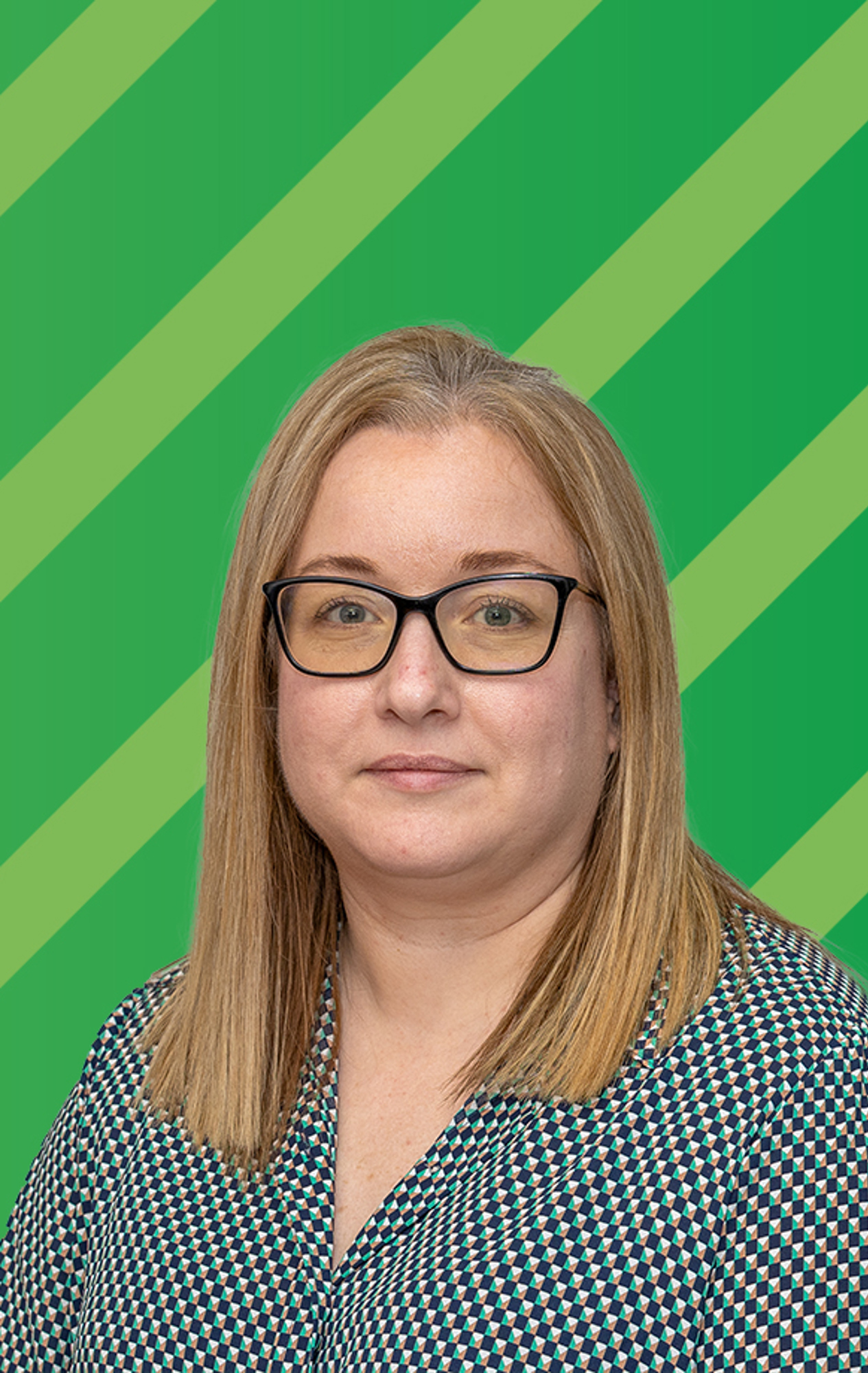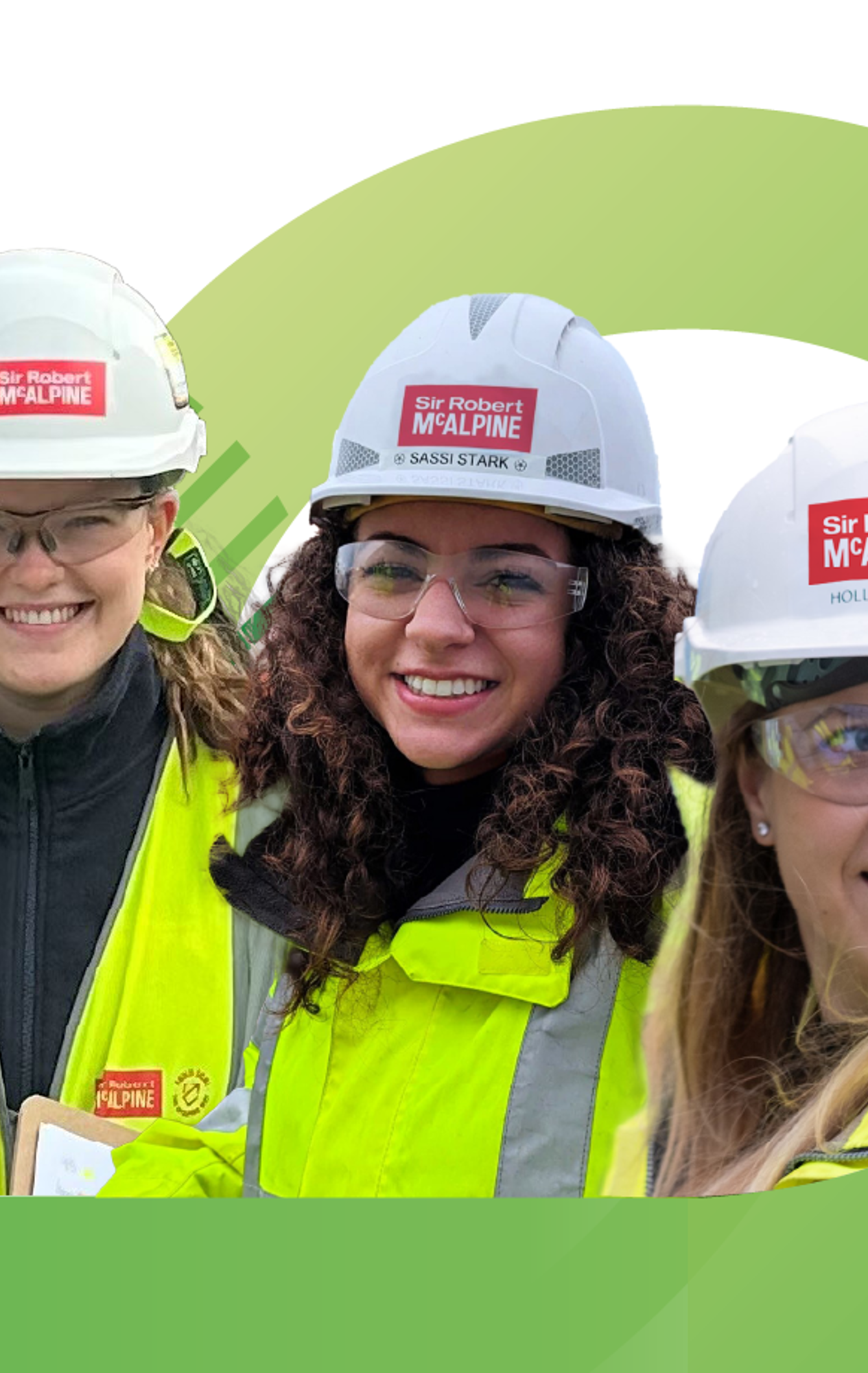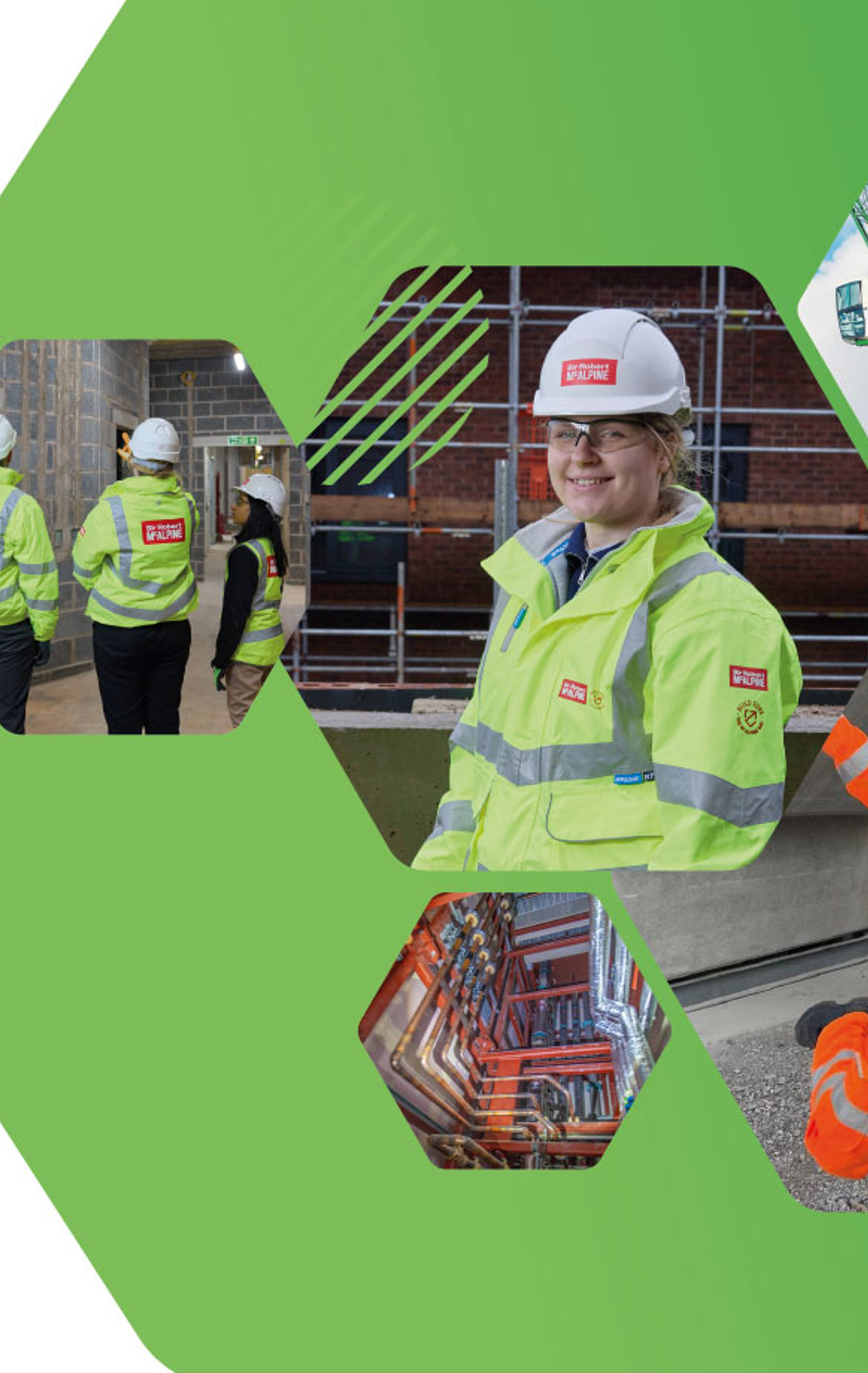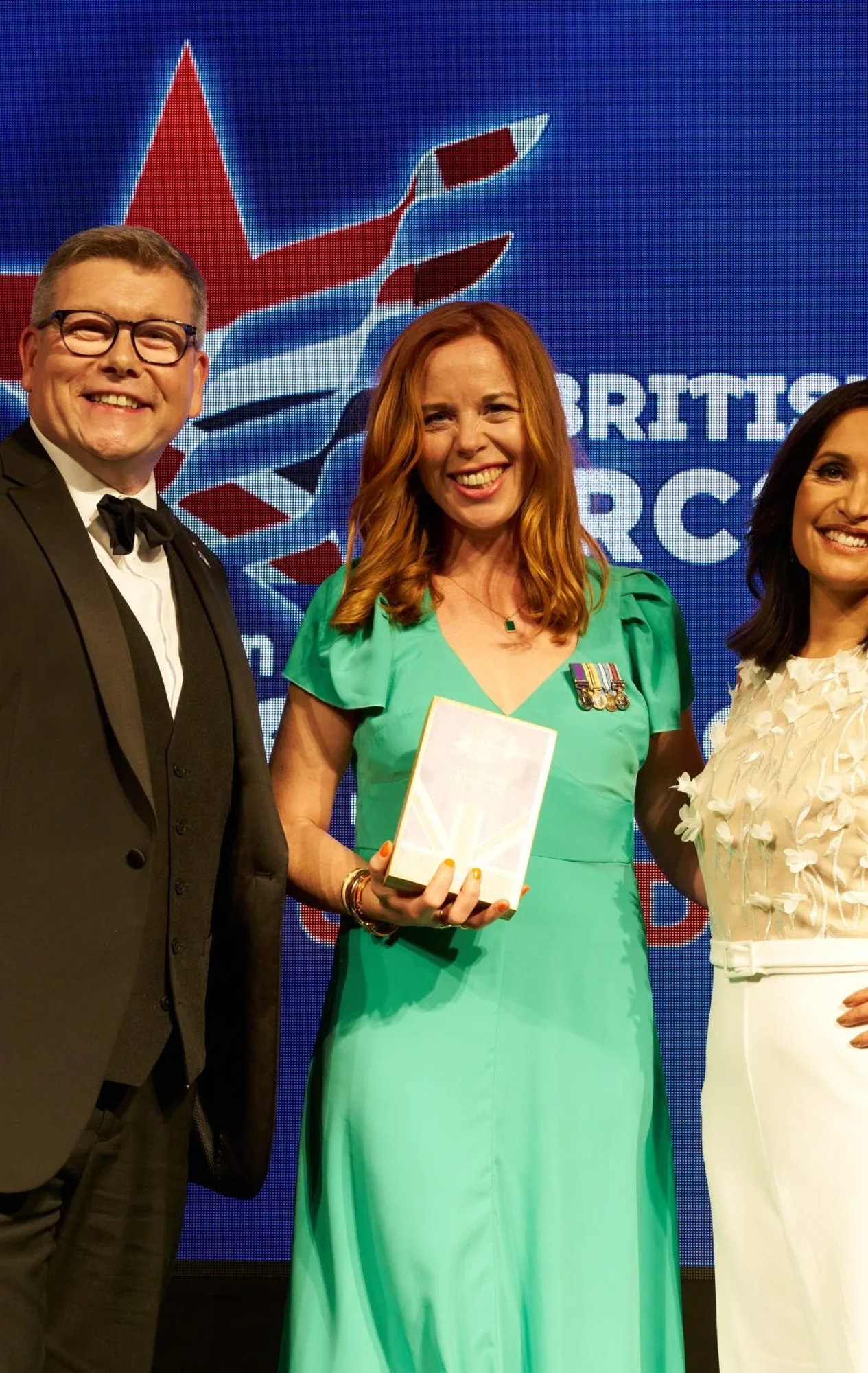
IWD with Kelly White
10 Mar 2025After joining the industry by accident, Kelly White, Head of Bidding, shares how she has developed a passion for construction and become a fervent advocate for equity through our Affinity Networks.
Creating a working environment where neurodivergent individuals can thrive is an important part of becoming a more inclusive organisation. Harnessing the talent of those who think a little differently can have big business benefits.
In fact, some of the autistic traits that are just a part of who Duncan is, have helped him deliver a quality of work that have made him a valued member of our Design Group team.
With one in 10 working-age adults believed to be neurodivergent in some way, whether that’s autistic, ADHD, dyslexic or dyspraxic (the list goes on), creating an environment in which those who think a little differently feel comfortable and can thrive is increasingly important to organisations.
And not just because it fits with the modern inclusive agenda; but because these individuals often possess strengths or perspectives that can be particularly valuable to teams.
Duncan is a case in point. High functioning autistic (HFA), he has worked for us for eight years since joining the company as an apprentice aged just 16.
While his HFA classification means intellectually he is unaffected, when it comes to communication, emotional recognition and social interaction, Duncan can struggle.
Thankfully, the warm welcome provided by our Design Group team means Duncan has felt at ease even from his first visit to our offices for interview back in 2012.
“I remember coming out thinking ‘I’d really like working there, everyone is very nice, and the atmosphere is quite peaceful’,” he says. “It’s hard to articulate but it felt the right fit for my personality. And when I joined, thankfully, I had the right people around me.”
Looking back now, it’s also clear a career in engineering was a great choice.
“I didn’t realise it at the time, but it played to my strengths because engineering is very logical, it is very thorough; you need that attention to detail.”
Interestingly, as a child, Duncan didn’t really feel any different to those around him, even though he now sees that he clearly was.
“When I was younger, I was far more on the autistic spectrum than I feel I am now, thanks in no small part to being part of a healthy working environment” he says. “At the time, I didn’t feel different at all. What I was doing made complete logical sense to me. But on reflection I was very different.”
As school went on, Duncan became increasingly self-aware, studying the important people in his life to understand what made them tick, and then mirroring their behaviours.
It’s a process of reflection and self-analysis that remains part of his everyday life: watching and learning from the social cues and body language that those of us who are more neuro-typical pick up on automatically.
“It’s about being self-aware and trying to figure out ‘how social works’,” he says. “In some ways, I’d say I am less autistic than most people on the spectrum because I am quite aware of it and where my boundaries lie with it.”
This analytical, logical approach is clearly one of Duncan’s great strengths and certainly has benefits in his day-to-day job creating the drawings and models construction teams use to turn engineers’ visions into reality.
Like many on the autistic spectrum, Duncan thrives on routine. He is also able to bring an absolute focus to his work and has a fantastic eye for detail; traits that make him a highly productive team member.
“I can sit down at work and just focus. I’ve always been fairly good at looking at things logically; keeping a very cool head under pressure and thinking ‘ok I’ve got to do this, this and this’ and then being able to tunnel vision on it.
“There are also times when I’ll look at something differently to one of my colleagues and they’ll say ‘how did you think like that?’, even if sometimes they have more experience in a particular discipline.
“But on the flipside, it will sometimes catch me out because I’ll be looking at something from my perspective and thinking ‘what are these hieroglyphics’ and then one of the team will come along and it’s obvious to them.
“And the tunnel vision at times can also be very unhelpful, because you end up focusing on a small detail that in the grand scheme of things isn’t that important. It can mean you sometimes miss the bigger picture.”
For Duncan, making the most out of a neurodivergent workforce comes down to creating the right environment.
“Be patient with people. Put your arm around them and give them the support they need and encourage them to be themselves. Because they bring a different way of thinking, a fresh perspective. And that can be extremely beneficial.”
Asked if this has been his experience at Sir Robert McAlpine, Duncan is quick to respond.
“Big time! And it’s helped me a lot. It’s not something you really think about actively day to day but when you sit back and reflect on it over a couple of years you think, actually that has made a lot more difference than I’d ever have thought it would.”
For someone who describes themselves as introverted and shy, Duncan’s sunny disposition, beaming smile and relentless positivity make him a pleasure to talk to.
At only 25 and with eight years’ experience behind him, who knows what the future holds for this inspiring young member of our team.
After joining the industry by accident, Kelly White, Head of Bidding, shares how she has developed a passion for construction and become a fervent advocate for equity through our Affinity Networks.
As we celebrate National Inclusion Week 2024, we share stories from women in construction, reflecting our commitment to creating an inclusive workplace.
In celebration of International Women in Engineering Day this week, we proudly recognise the exceptional contributions of our female engineers who help drive our projects forward.
Congratulations to Rachael Smith, our Head of HR – Strategy & Transformation, who was named Role Model of the Year at the British Forces in Business Awards 2025.
During Armed Forces Week, we speak to Katy Maloney to understand how our commitment to the Forces community provides essential support for military families.
As we celebrate the beginning of Armed Forces Week 2025, we are thrilled to announce that we have been awarded the Defence Employer Recognition Scheme (ERS) Silver Award.




